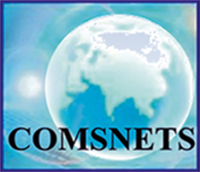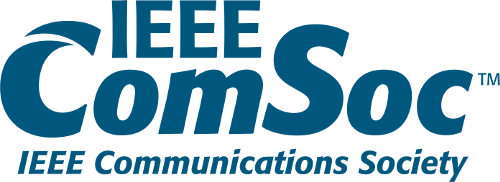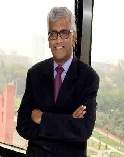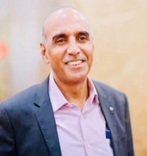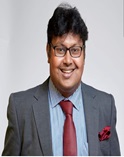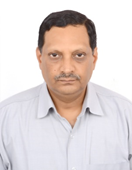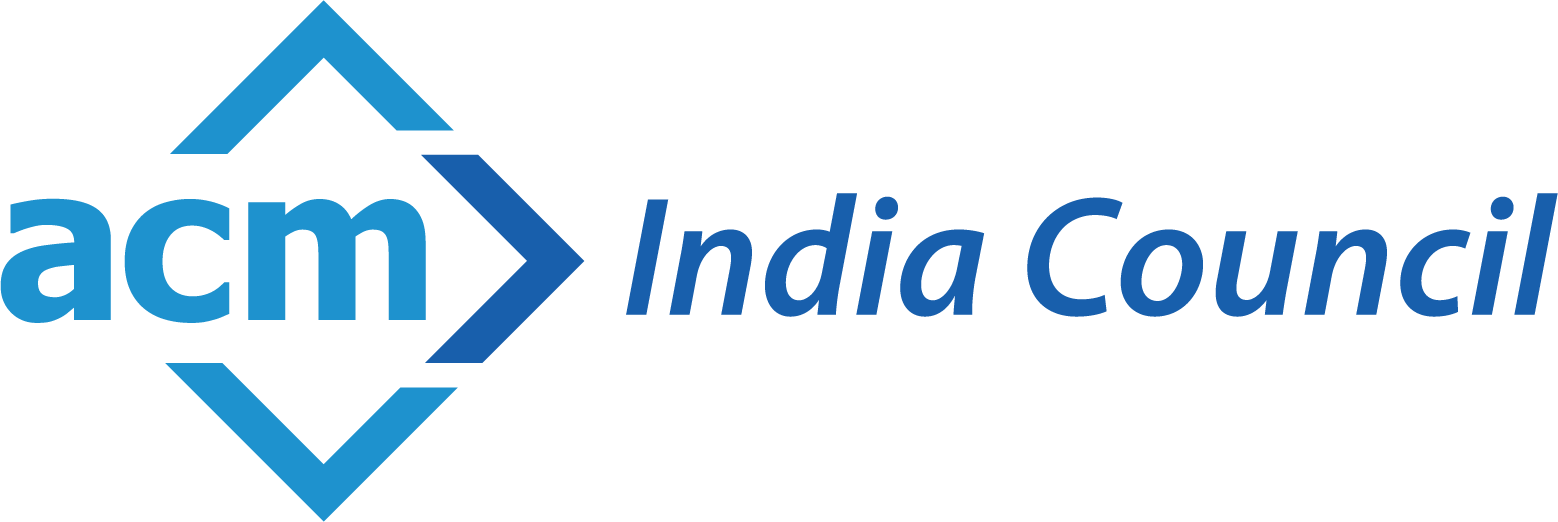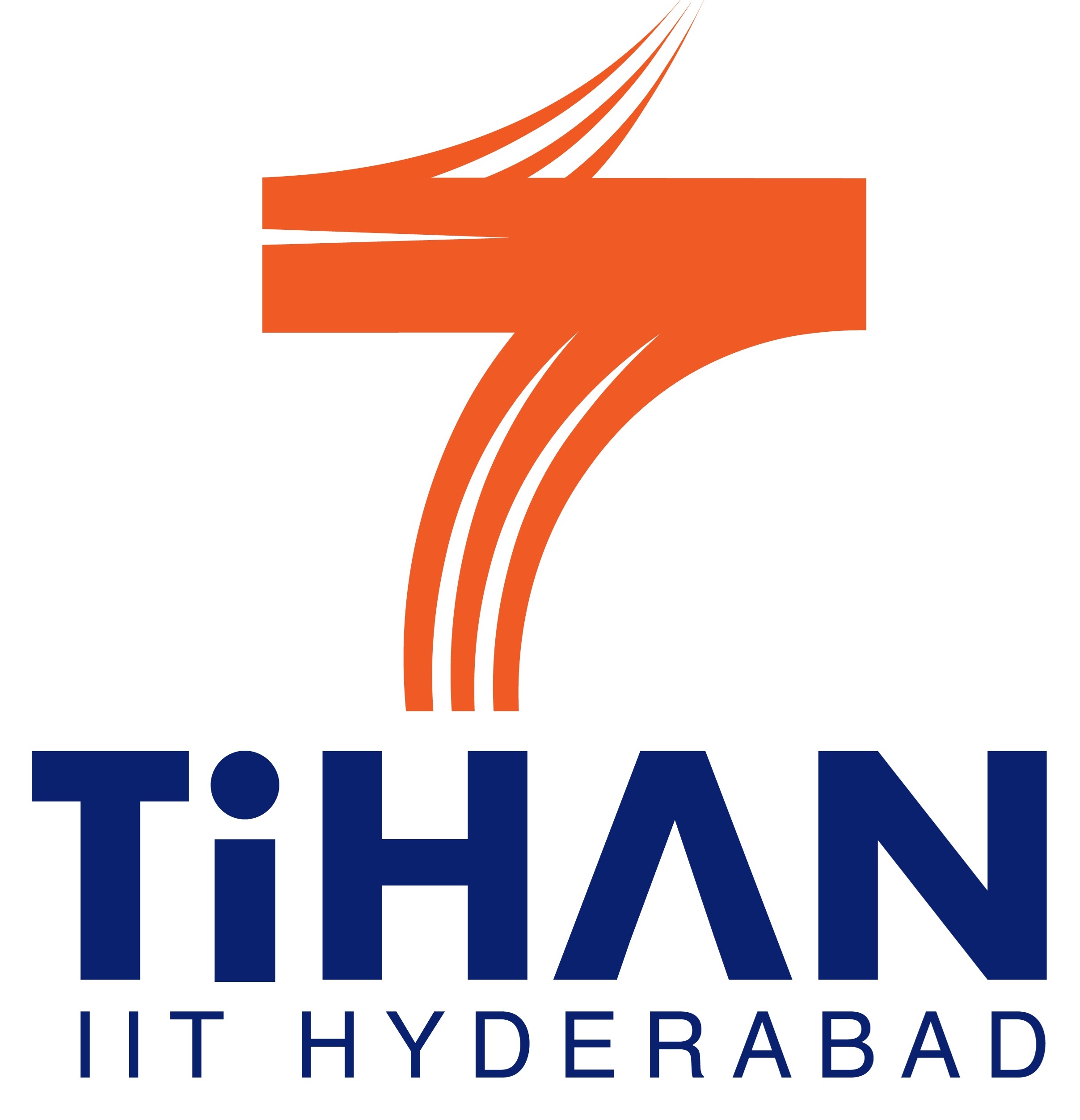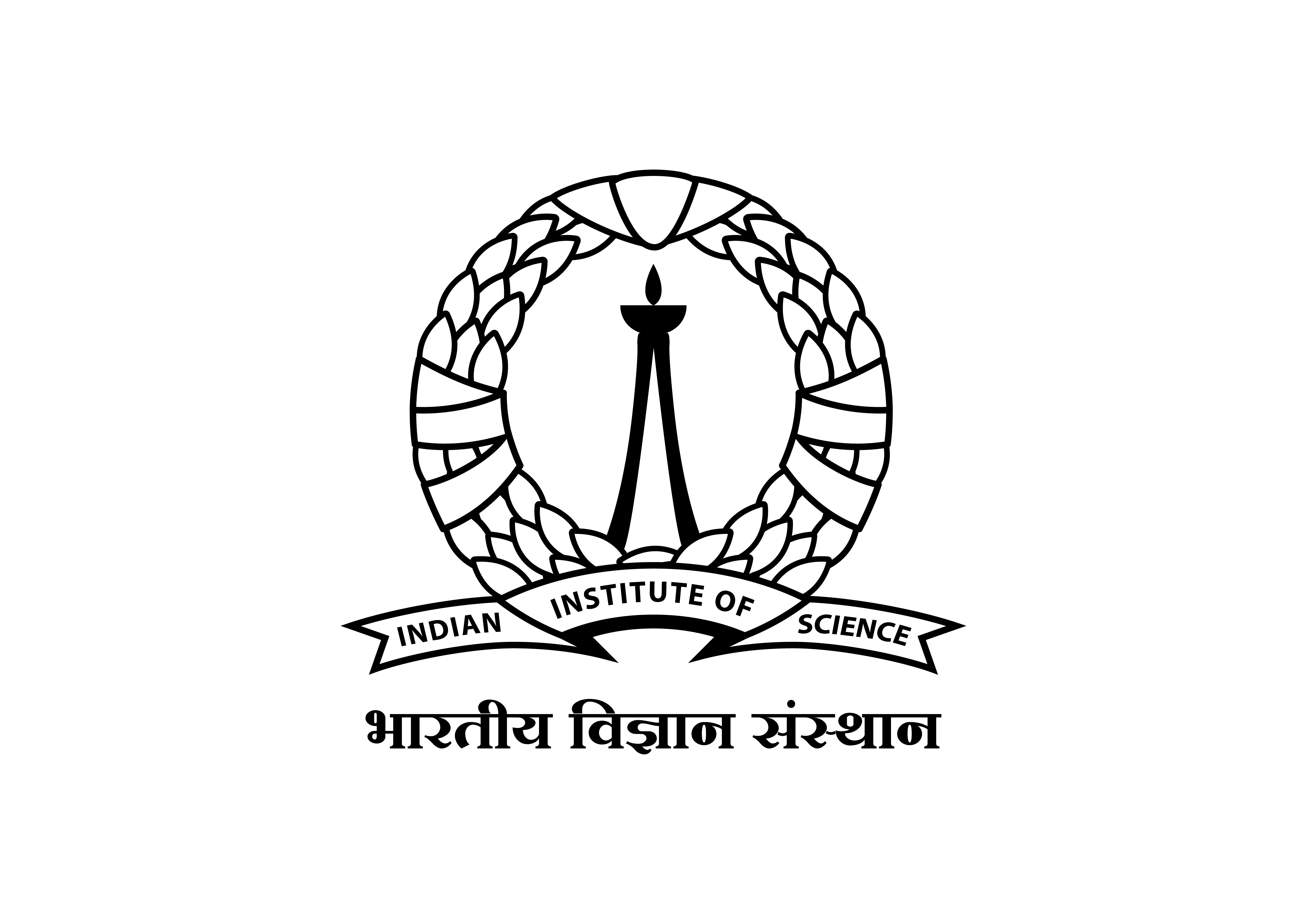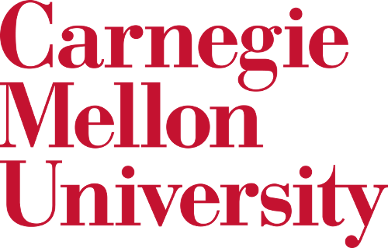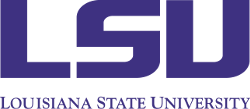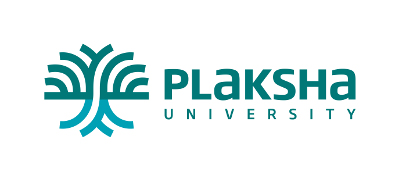India Internet Governance Workshop (IIGW)
Schedule
| Sunday, 7th January 2024 | ||
| Venue: SIGMA 3 | ||
| Time | Title | Speaker/Authors |
| Session 1 | ||
| 9:30 - 9:45 | Welcome by Workshop Chairs | |
| 9:45 - 10:15 | Keynote 1: Internet & Standards Ecosystem in India | Shri. Devesh Tyagi, CEO, NIXI |
| 10:15 -11:00 | Invited Talk 1: Orchestrable infrastructure as test beds for large scale experiments | Shri. Shailesh R. Chansarkar, Scientist G, CAIR, DRDO |
| 11:00 - 11:30 | Tea/Coffee | |
| Session 2 | ||
| 11:30 - 11:55 | TEFAR: An Efficient Transparent Finer-grained Encryption of Internet Access Artifacts | Maruthi S. Inukonda (IIT Hyderabad, India & Freelancing Opensource Solutions Architect, India); Krishna Prashanth Thummanapelly and Bheemarjuna Reddy Tamma (IIT Hyderabad, India); Sparsh Mittal (IIT Roorkee, India) |
| 11:55 - 12:20 | EARNEST: Experimental Analysis of RAN Energy with open-source Software Tools | Gudepu Venkateswarlu (IIT Dharwad, India); Bhargav Chirumamilla (Indian Institute of Technology Dharwad, India); Rajashekhar Reddy Tella (Indian Institute Technology Dharwad, India); Shubh Agarwal (Indian Institute of Technology Dharwad, India); Abhishek Bhattacharyya (Indian Institute of Technology, Dharwad, India); Lavanya Malakalapalli (IIT Dharwad, India); Carlo Centofanti (University of L'Aquila, Italy & WEST Aquila SRL, Italy); José Santos (Ghent University - Imec, Belgium); Koteswararao Kondepu (Indian Institute of Technology Dharwad, India) |
| 12:20 - 13:00 | Invited Talk 2: 5G-advanced and 6G from Indian Perspective | Dr. Chitradeep Majumdar, Nokia |
| 13:00-14:00 | Lunch Break | |
| Session 3 | ||
| 14:00 - 14:45 | Keynote 2: Inclusivity in the Era of Advanced Digital Technologies | Shri. T.V. RAMACHANDRAN, President, BIF |
| 14:45 - 15:10 | Priority-based MPTCP Scheduler for 5G and Beyond Heterogeneous Links | Nikhil Bajrangbali Gumasthi (Indian Institute of Technology Bhilai, India); Anand Baswade (Indian Institute of Technology Bhilai (IIT Bhilai), India) |
| 15:10 - 15:35 | BLE-based Many-to-Many Data-Sharing for Internet-of-Things | Jagnyashini Debadarshini and Sudipta Saha (Indian Institute of Technology Bhubaneswar, India) |
| 15:30 - 16:00 | Tea Break | |
| Session 4 | ||
| 16:00- 16:30 | Invited Talk 3: Challenges in setting up bounded delay connections for Tactile CPS operations. | Dr. Prabhakar TV, IISc |
| 16:30 - 16:55 | Improving Uplink Transmissions for URLLC communication in 5G NR | Sujeet Kumar (Jawaharlal Nehru University & JNU, India); Veerendra Kumar Gautam (IIT Hyderabad, India); Sangeeta Sharma (National Institute of Technology Hamirpur, India); Mukesh Giluka (Jawaharlal Nehru University, India) |
| 16:55 - 17:20 | Public Insight and Policy Foresight: A Policy Review of AI Governance in India | Pooja Kadambi (Turtle Shell Technologies, Dozee, India); Raahul Seshadri (WebEngage, India); Chengappa Munjandira (Hewlett Packard Enterprise, India); Abhishek Mahesh Appaji (BMS College of Engineering, India) |
| 17:20 - 17:45 | Enhancing VLC system’s Performance using Optimized Hemispherical Angle Diversity Receiver | Harsha Vardhan Rao Pitla (Indian Institute of Information Technology Design and Manufacturing, Kurnool & IIITDM KURNOOL, India); Prashanth Kumar Velpula (Indian Institute of Information Technology Design and Manufacturing, Kurnool, India) |
| 17:30-18:00 | Closing & Best Paper Award announcement | |
Accepted Papers
- EARNEST: Experimental Analysis of RAN Energy with open-source Software Tools
Gudepu Venkateswarlu (IIT Dharwad, India); Bhargav Chirumamilla (Indian Institute of Technology Dharwad, India); Rajashekhar Reddy Tella (Indian Institute Technology Dharwad, India); Shubh Agarwal (Indian Institute of Technology Dharwad, India); Abhishek Bhattacharyya (Indian Institute of Technology, Dharwad, India); Lavanya Malakalapalli (IIT Dharwad, India); Carlo Centofanti (University of L'Aquila, Italy & WEST Aquila SRL, Italy); José Santos (Ghent University - Imec, Belgium); Koteswararao Kondepu (Indian Institute of Technology Dharwad, India) - BLE-based Many-to-Many Data-Sharing for Internet-of-Things
Jagnyashini Debadarshini and Sudipta Saha (Indian Institute of Technology Bhubaneswar, India) - Improving Uplink Transmissions for URLLC communication in 5G NR
Sujeet Kumar (Jawaharlal Nehru University & JNU, India); Veerendra Kumar Gautam (IIT Hyderabad, India); Sangeeta Sharma (National Institute of Technology Hamirpur, India); Mukesh Giluka (Jawaharlal Nehru University, India) - TEFAR: An Efficient Transparent Finer-grained Encryption of Internet Access Artifacts
Maruthi S. Inukonda (IIT Hyderabad, India & Freelancing Opensource Solutions Architect, India); Krishna Prashanth Thummanapelly and Bheemarjuna Reddy Tamma (IIT Hyderabad, India); Sparsh Mittal (IIT Roorkee, India) - Priority-based MPTCP Scheduler for 5G and Beyond Heterogeneous Links
Nikhil Bajrangbali Gumasthi (Indian Institute of Technology Bhilai, India); Anand Baswade (Indian Institute of Technology Bhilai (IIT Bhilai), India) - Public Insight and Policy Foresight: A Policy Review of AI Governance in India
Pooja Kadambi (Turtle Shell Technologies, Dozee, India); Raahul Seshadri (WebEngage, India); Chengappa Munjandira (Hewlett Packard Enterprise, India); Abhishek Mahesh Appaji (BMS College of Engineering, India) - Enhancing VLC system’s Performance using Optimized Hemispherical Angle Diversity Receiver
Harsha Vardhan Rao Pitla (Indian Institute of Information Technology Design and Manufacturing, Kurnool & IIITDM KURNOOL, India); Prashanth Kumar Velpula (Indian Institute of Information Technology Design and Manufacturing, Kurnool, India)
Call for Papers
Important Dates
| Manuscript Submission Due: |
| Notification of Acceptance: 3rd December 2023 |
| Camera-ready Submission: 10th December 2023 |
| Workshop Date: 7th January 2024 |
Submission Link:https://edas.info/N31566
The India Internet Governance Workshop 2024 provides a platform to facilitate discussions between industry, academia, and research experts to express their vision and their findings related to the next-generation Internet.
Traditionally, a technical conference is organized with India Internet Governance Forum (IIGF). Now, the technical conference is organized as a workshop collocated with COMSNETS 2024. India Internet Governance Forum (IIGF) adheres to the IGF Mandate – Paragraph 72 of the Tunis Agenda of the UN-based Internet Governance Forum (IGF). IGF, established by United Nations in 2006, is a multi-stakeholder governance group that aims to enable a platform for policy dialogue on issues of Internet Governance. Through an open and inclusive process, IIGF brings together all stakeholders in the Internet Governance ecosystem in the country – including Government, Industry, Civil Society, Academic Community, and social minorities – as equal participants in the larger Internet Governance discourse.
Papers will be invited from the researchers in the areas listed below. The workshop shall provide a platform to present the research work on the topics of interest and shall provide an effective networking stage.
Topics of interest
- Internet
- Multilingual Internet
- Rural Connectivity
- Universal access and meaningful connectivity
- Affordable Internet
- ICT infrastructure
- nergy Efficient Technologies
- Satellite Broadband
- Edge & Cloud Computing/Networking, CDN
- Security and Data Privacy
- Data and Identity Protection
- Cybersecurity
- Cryptography: Enabling Technologies
- Ethical use of next-gen Technologies
- Cyber Hygiene for all
- Trust, Security, Stability
- DNS Security
- Cross border Data Flows
- Advanced Technologies
- Big Data, machine learning and AI for Internet
- Internet of Things
- Next Generation Internet and services
- Internetworking protocol and Internet applications
- Blockchain and application
- Visible Light Communications
- Metaverse
- Standards and Policies
- 5G and beyond standards
- Open 5G stack
- Internet resilience
- Heterogeneous Networks
- Ethics of Internet
- Inclusive Internet
- Indian stack for services and applications
- Applications
- Online Education
- Smart cities
- Health care
- Agriculture
- e-commerce
- Banking and Finance
Submission Guidelines
- The IIG Workshop invites submission of original work not previously published or under review at another conference or journal.
- Submissions (including title, author list, abstract, all figures, tables, and references) should not exceed 6 pages.
- Reviews will be double-blind: authors name and affiliation should not be included in the submission.
- Submissions must follow the formatting guidelines as given on IEEE Website, and those that do not meet the size and formatting requirements will not be reviewed.
- All papers must be in Adobe Portable Document Format (PDF) and submitted through the Workshop submission site on EDAS.
- All workshop papers will appear in conference proceedings and be submitted to IEEE Xplore as well as other Abstracting and Indexing (A&I) databases.
Keynote speakers
T.V. RAMACHANDRAN
President at Broadband India ForumVisit Homepage
In the fast changing digital world of today, the importance of taking all the citizens along is gaining increasing momentum because, in this age, it is unthinkable to live with nil or inadequate access to digital content for any person due to reasons of his or her physical disabilities in vision, hearing or speech. All humans are growing, changing, and adapting to the world including digital around them. India, which has become widely admired for its speedy progress on the digital highway, is taking special initiatives because of its very large geography, huge population and tremendous diversity. The paramount goal is ‘Sabka Saath, Sabka Vikas’ ie Progress of All through Inclusion of All’. The barriers to inclusivity are inaccessible systems, a lack of digital skills or understanding by the user, or the lack of devices or connectivity to digital content. Accessibility is important dimension as services should be designed to meet all users’ needs, including those dependent on assistive technologies. Delivering services that are usable and understandable to all, regardless of disability or access needs is critical. Lack of devices needs greater attention as it impacts accessibility. For creating devices there is a need to see human diversity as a resource for better designs and adopting structured assessment methods to evaluate the level of functional capability required for comfortable and efficient use of a particular product.Lack of digital skills is yet another important aspect wherein targeted programmes needs to be undertaken not just for disabled but also for others including children and old aged who are unable to access digital world because of lack of digital skills. Possible actions are mentioned. Connectivity is the area wherein most debates and efforts are centered. Actions being taken to address inadequate connectivity in rural and inaccessible areas are analysed. The way forward using various technological solutions based on Satcom, 5G FWA, and Public WiFi is also discussed.
T.V. Ramachandran (aka TV) is currently the President of Broadband India Forum; Global Advisor, Future Tech Panel – IET (Institution of Engg. & Technology, London); and Founder & CEO of Advisory@TVR – a Consultancy in the ICT & TMT space.
TV has played a key role in Mobile Telecommunications in India, from its very advent in India in 1994. He was the 1st CEO of Sterling Cellular Ltd. (Essar Cellphone), Delhi, and led the establishment and successful launch of the largest Indian cellular network of that time (Sterling Cellular was incidentally a predecessor of what later became Vodafone India Ltd.).
TV moved on at the end of 1997, to help establish the industry body, Cellular Operators Association of India (COAI) as a Co-Founder and then lead the body as its first Executive Vice Chairman and Director General. He nurtured it over 12 years to the position of being one of the most credible and vibrant professional bodies.
He thereafter served as Resident Director, Regulatory Affairs & Govt. Relations, Vodafone India, for over 5 years from October 2009 till December 2014.
TV is also:- Honorary Fellow of the Institution of Engineering & Technology (IET) London, for his contributions to Mobile Telephony. One of only 3 Indians to be conferred this prestigious Award in the over 140 years of existence of this renowned institution; and
- Honorary Fellow of the Institution of Electronics & Telecommunication Engineers (India)
In March, 2015, at the Telecom Leadership Forum in Delhi, TVR was conferred the Voice & Data Lifetime Contribution Award for his contributions to Mobile Telephony in India.
In October 2017, the Government of India nominated him to serve as an expert member on the High Level Government Forum for India 5G 2020.
Prior to his stint in Telecom, TV had a 28 years distinguished career in R&D, Technical & Product Assurance in Dunlop India & Apollo Tyres Ltd. with rich experience in Manufacturing.
Devesh Tyagi
CEO NIXIVisit Homepage
Shri Devesh Tyagi is Senior Director, Software Technology Parks of India (STPI). He is also holding additional charge of Chief Executive Officer, National Internet Exchange of India (NIXI). He has more than 32 years of experience in IT/ESDM sector. He has been actively involved in the promotion of IT/ESDM sector and also working for the promotion of entrepreneurship, innovation and product creation in the country. He has also been involved in various policy formations for IT/ESDM sector. Prior to joining STPI, he served National Informatics Centre (NIC) in various capacities. He has a wide range of experience in Project Management and Software development. He possesses strong technical capabilities and delivered lot of remarkable projects during this period. Dr. Tyagi has earned his B.Tech in Computer Science and Engineering from Marathwada University. Subsequently, he earned his Master’s Degree from BITS Pilani and Ph.D in Computer Science from Faculty of Engineering and Technology, SHUATS, Prayagraj.
Invited speakers
Chitradeep Majumdar
Senior RAN Architecture Research Engineer at Nokia Standards, BengaluruVisit Homepage
Dr. Chitradeep Majumdar is currently working as Senior RAN Architecture Research Engineer at Nokia Standards, Bengaluru. India and Senior Member of IEEE. As a key member of the Nokia standards team, Dr. Majumdar is actively involved in representing Nokia at various standardization bodies like 3GPP and ITU. Along with the standardization, Dr. Majumdar coordinates some of the primary cluster projects of Nokia for 3GPP Release-18 and Release-19 RAN2 enhancements for advanced mobility management and multicast-broadcast services. Dr. Majumdar has generated multiple IPRs for Release18/19 RAN2 solution which is aimed towards adoption by the 3GPP as Standards Essential Patent (SEPs). Chitradeep joined Samsung Research India Bangalore (SRIB) late 2019 as Chief Engineer at the 6G research laboratory. He has been working on different enablers for 6G that includes non-terrestrial networks (UAVs and LEO sat constellation), Terahertz channel modelling, cell-free multi TRP architectures, UL coverage enhancement techniques etc. He has been involved both for the link and system level simulator development and pre-standard/base patent ideation for Release 18 and beyond. Since 2019, Chitradeep has been the primary / co-inventor for multiple patents and authored several IEEE conference and journal papers while working in Samsung Research. Dr. Majumdar received his doctoral degree in 2017 and was selected for the prestigious Newton International Fellowship by the Royal Society, UK to pursue postdoctoral research. He joined University of Liverpool in early 2018 and continued till end of 2019. Chitradeep worked on the optimization of the next generation networks for device-to-device communications and statistical modelling of the Internet-of-Things data traffic. Dr. Majumdar received his doctoral degree (PhD) in 2017 from IIT Bombay. Dr. Majumdar’s PhD topic was on packet size optimization for Cognitive Radio and Cognitive Radio-MIMO assisted Wireless Sensor Networks. Chitradeep has published multiple IEEE journals and conference papers during the tenure of his PhD. During the tenure of his PhD, Chitradeep has also been a recipient of the MEXT fellowship from the Government of Japan. From 2013 till 2015, he worked as a visiting research student at the Morikawa Research Laboratory, University of Tokyo. Dr. Majumdar did his masters from University of Southampton, UK in Radio Frequency Communication Systems and his B.Tech in Electronics and Communication at Bengal Institute of Technology under West Bengal University of Technology in 2007.
Prabhakar TV
Chief Research Scientist at IISc Bangalore, IndiaVisit Homepage
In the first part of the talk, we will discuss the issues in mapping Time Sensitive Network (TSN) flows to equivalent Deterministic Networks (DetNet) flows. The IEEE, 3GPP and IETF standards will be discussed. In the second part, we look at support for Tactile Internet-based applications. Tele operations such as Telesurgery, rely on robots providing feedback with humans in the loop. The feedback and control are subject to network latency and packet loss. We design two edge intelligence algorithms hosted on programmable end switches. These algorithms locally compute and command corrective signals, thereby dispensing the feedback signals from traversing the network and thus saving on control loop latency and network load. We implement these algorithms entirely on the data plane. While our first algorithm is for pose correction to facilitate proper gripping of the tool by the robot, our algorithm on the human side suppresses physiological tremors. The algorithms reduce the network load for these operations by 99.9%.
Prabhakar is a Chief Research Scientist at IISc. He works in the area of Networked Embedded Systems and IOT, where he focuses on electronic system design, energy harvesting systems, power management algorithms, and communication protocols. His group builds embedded electronic systems for application areas such as Tactile IOT, Space, Urban Air Mobility, and Industrial IOT. He has published over 120 research papers in peer-reviewed journals and conferences. The laboratory has received several `Best Paper' awards. He is currently engaged with about 100 MSMEs and facilitates funding and technical advice under the MSME Centre of Excellence. Prabhakar holds MSc (Physics), MSc (Engg), and Ph.D. degrees.
Program Committee
- Dr. Mukesh Kumar Giluka, Jawaharlal Nehru University, Delhi
- Dr. Anish Hirwe, Indian Institute of Technology Palakkad
- Prashanthi Moligi, TCS
- Dr. Chitradeep Majumdar, Nokia
- Dr. Sauradyuti Paul, Indian Institute of Technology Bhilai
- Dr. Prashant PVN, Visvesvaraya National Institute of Technology Nagpur
- Srinivasa Reddy Kasu, Cloud Software Group, Tibco Software
- Dr. Venkatrami Reddy, National Institute of Technology Calicut
- Dr. Abhay Sah, Indian Institute of Technology Rourkee
- Dr. Dhiman Saha, Indian Institute of Technology Bhilai
- Dr. K Sowjanya, Indian Institute of Technology Delhi
India Internet Governance Workshop Co-Chairs
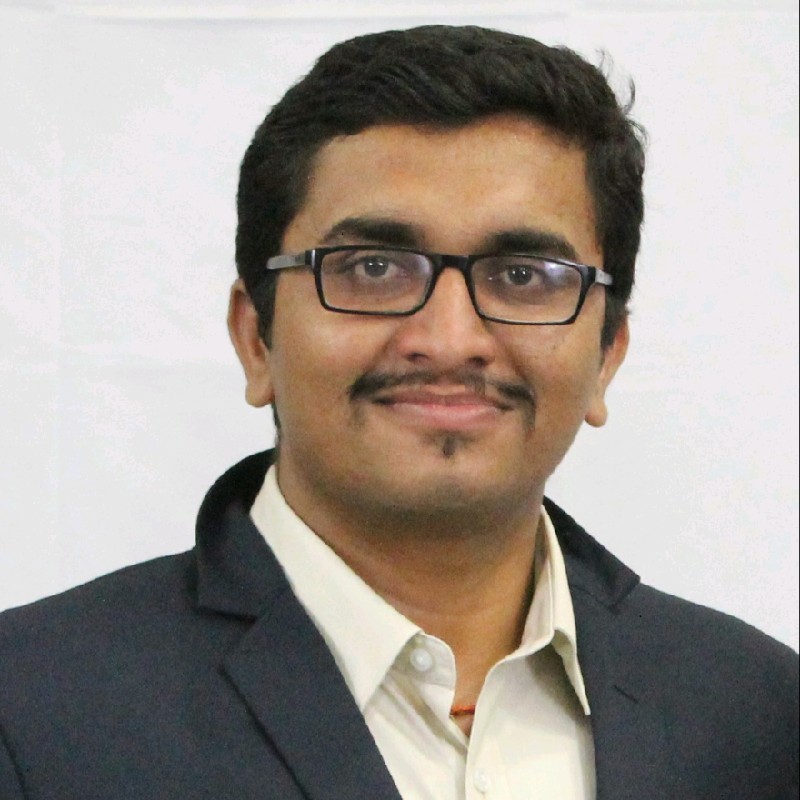
Anand Baswade
Indian Institute of Technology
Bhilai, India
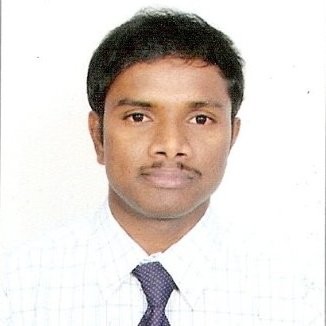
Koteswararao Kondepu
Indian Institute of Technology
Dharwad, India
For any queries please contact us at comsnets.conference@gmail.com
